A Vault Interview with Drummer John Barbata of the Turtles, CSN&Y & Jefferson Starship
by Jeff TamarkinDrummer John Barbata (aka Johny or Johnny), who died on May 8, 2024, often said that he was extremely lucky: Where most rock musicians are fortunate to have success with one group, he enjoyed it with three: the Turtles; Crosby, Stills, Nash and Young; and Jefferson Airplane/Starship.
Born in New Jersey in 1945, Barbata first gained some recognition after moving to California in the early ’60s and playing with a surf band called the Sentinals. The call to audition for the Turtles came in 1967, just in time to play on their smash recording of “Happy Together.” Barbata also played on the hits “She’d Rather Be With Me,” “You Showed Me,” “Elenore” and “She’s My Girl,” before leaving the band in 1969.
Next up was CSN&Y, in 1969. Barbata can be heard on their 1970 live album 4 Way Street set as well as several solo and collaborative LPs by the various group members. When the quartet went on hiatus, Barbata was introduced to the Airplane via David Crosby, and was recruited to join that band. It lasted less than a year, but Barbata appeared on the band’s 1972 Long John Silver studio album and the live Thirty Seconds Over Winterland.
In the wake of the Airplane’s dissolution, Barbata stuck around band members Grace Slick, Paul Kantner and David Freiberg and became a charter member of Jefferson Starship, the spinoff group they launched in 1974. Barbata played on the band’s first four studio albums, including such hit singles as “Miracles” and “Count on Me.” Unfortunately, in 1978, as the band was in flux due to the exit of both lead singers, Slick and Marty Balin, Barbata was seriously injured in a car accident and was forced to leave the band too. He continued to drum once he recovered but never enjoyed that level of high-profile visibility again.
In the late ’90s, while researching a book on Jefferson Airplane, future Best Classic Bands editor Jeff Tamarkin interviewed Barbata. The full Q&A has never appeared in print until now.
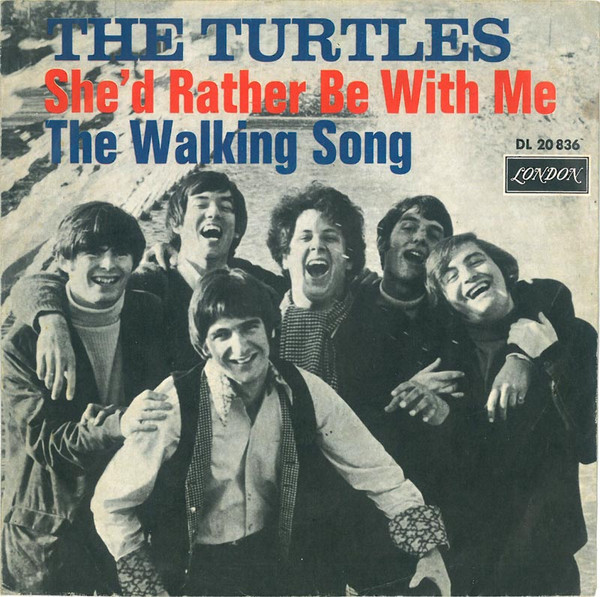
Best Classic Bands: How did you come to join the Turtles?
John Barbata: That happened in 1967. Gene Clark of the Byrds came down to the club where I was playing. He told me that the Turtles were looking for a new drummer. He had recommended me. So I went up there and Bones Howe was producing them at the time. So I got the job. It was a fun group, like a show group.
How did you go from that band to CSN&Y?
I’d done a lot of studio work in Hollywood, well over a hundred albums. While I was down there doing that, the Buffalo Springfield used to always play with the Turtles; they used to be the opening act for the Turtles. And then I was up at Santa Cruz and Neil [Young] came in with David Crosby and they said that they’d just fired [drummer] Dallas Taylor and [bassist] Greg Reeves and that they were looking for another drummer, and I said I’d try to help them find one. And Neil said, “Why don’t you do the gig, John?” And I said, “I never thought of that. I guess I could.” They auditioned me at Warner Bros. with [bassist] Chris Ethridge, my good buddy. Stephen [Stills] said, “Would you mind coming back tonight and trying it with another bass player?” I was a little reluctant but I said, “Yeah, all right.” Stephen always picked the people in the band. I was the only one that he never picked. Neil got me in there, and Crosby. So I got with them and that led to 4 Way Street and I ended up doing two Graham Nash albums, a Crosby/Nash album. I did Stephen Stills’ album, with Ringo, and I ended up doing Neil Young’s Time Fades Away album. I had a 20-minute rehearsal [with CSN&Y], and I came out and played an hour-and-a-half set. I recorded a song that night that I’d never even heard [“Ohio”] and I got it in one take, and they used it. They were impressed from that and that led to the group.
In 1972, Crosby got you into Jefferson Airplane too, right?
Crosby said, “My good friends Grace Slick and Paul Kantner are looking for a drummer.” I hadn’t met them before this. I went down and jammed with them and got along fine with everybody and joined the group. It was the first time that the Airplane had had a real studio musician in the band. Paul and Grace were talking about starting another group. It was hard for them to think that the Airplane was going to break up. They came up with this idea called Jefferson Starship, and I said, “Oh yeah, man, great idea. I’d love to be a member [of a group called] Starship.”
Did you ever tour with the Airplane?
No. Not really. They played Central Park [Aug. 15, 1972] and 150,000 people showed up. Then there was a little break in the action between the Airplane and Starship.
Was the transition to Jefferson Starship in ’74 pretty smooth?
We made the Dragon Fly album first. [Airplane vocalist] Marty [Balin] liked my drumming so much he said he was going to come back into the group. I told them that we could get other musicians and it wouldn’t be a problem, even though Grace and Paul thought that would be very difficult. We got [lead guitarist] Craig Chaquico and [keyboardists/bassists] David Freiberg and Pete Sears. [Violinist] Papa John [Creach] joined, too.
What were Paul and Grace like to work with?
Paul had a great heart. He was really a good guy, although there was definitely a leader trip going on there, egos going on. Grace was great unless she drank. Grace was really a great person and was really easy to get along with and was a lot of fun. Marty [Balin] was great. He was a funny guy too.
What did you think of the albums you made with Jefferson Starship?
Dragon Fly was a great album. Everybody had a good time. We had a gold album, so everybody’s happy. Then we released “Miracles” on Red Octopus and that sold two-and-a-half million and we were on our way. We outsold the Doobie Brothers, had the biggest album of the year [1975].
In 1978, Jefferson Starship was booked to play a gig in Germany and canceled at the last minute because Grace was too sick to perform. A riot ensued and the band’s equipment was torched. What do you remember about that night?
Chicago and the Beach Boys had already cancelled out of this place, back to back. There’s 20,000 people on the Rhine River, outside, and it was high up on a cliff. The first band hadalready played and it was our turn to go on. Just Freiberg, me, Kantner and Sears were there. Grace was sick and Paul came and wanted to know what was wrong with her Skip [Johnson, Grace’s husband] didn’t want to let Paul in. He said, “Well, you should know that she’s sick.” Freiberg had to announce in front of 20,000 people that we weren’t going to make it, that Grace was sick and that we’d make it up. And I said, “You’re crazy, man, that’s not a good thing to do.” So he went out and did it, and half the crowd was GIs, half the crowd was German. One of the roadies was standing next to me. As soon as [Freiberg] announced it, it was quiet. Then all of a sudden a Heineken bottle hit him in the head and took him out. He went down like a bowling ball. Then I looked at my brand new set of drums and cymbals that were on the stage and said, “Man I’d better grab my cymbals.” It was too late. We had to get out of there because a riot ensued. Some kid lost his eye and had his leg broken. I was really pissed off at Kantner because he made light of it. I said, “Hey, one guy almost got killed.” In fact one of the roadies told me that a drunken GI was coming at one of the cops and the cop pulled his gun out; it was going to be another Altamont. He was going to shoot him. An MP took his stick and pushed [the cop’s] gun aside and said, “You don’t have to do that,” and proceeded to beat him up with the stick. Anyway, Craig and I jumped into a limo, we were going 145 miles an hour getting out of there. Then we played a big gig [in England] with Genesis, the Knebworth festival.
Grace left the band for a few years after that to get herself together.
That was a nightmare. I think she created punk rock that night. That was pretty bizarre. Paul was crying after the show because he knew it was over.
Did you know it was over?
Yeah, I knew it was over.
[Barbata wrote his memoir, The Legendary Life of a Rock Star Drummer, and gave clinics in the years following his heyday as a performer. His book is available here.]

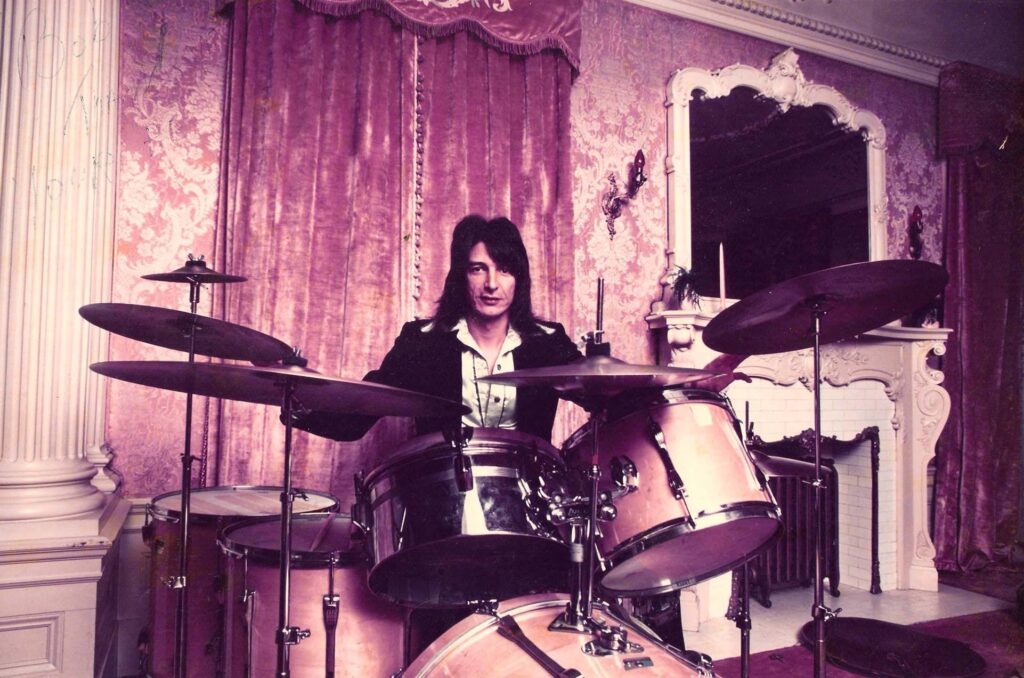
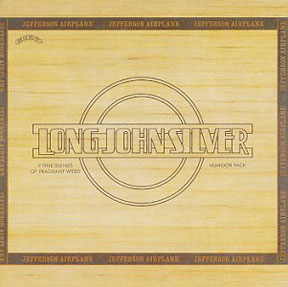
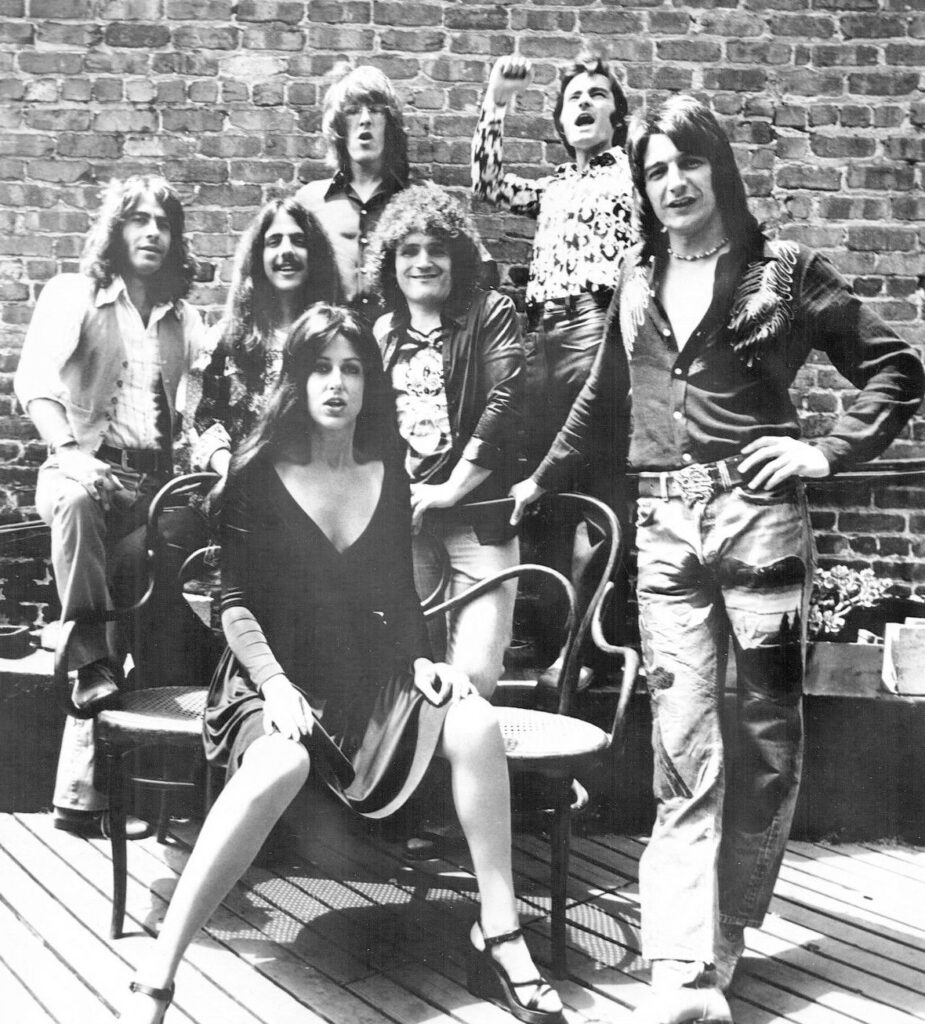

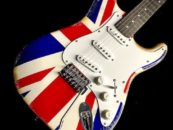
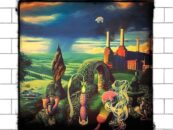
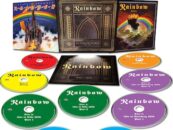
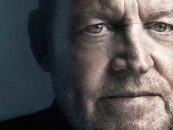

2 Comments so far
Jump into a conversationJefferson starship album”Spitfire” is exceptional. It’s got one of their best songs Saint Charles plus quality songs start to finish.
Yes, “St. Charles” is brilliant.